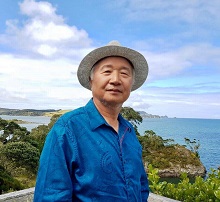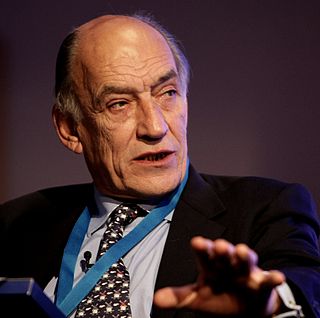A Quote by Al Gore
The task of saving the earth's environment must and will become the central organizing principle of the post-Cold War world.
Related Quotes
We now face the prospect of a kind of global civil war between those who refuse to consider the consequences of civilization's relentless advance and those who refuse to be silent partners in the destruction. More and more people of conscience are joining the effort to resist, but the time has come to make this struggle the central organizing principle of world civilizations.
Only the Earth can become the central axis around which world peace can be spun, for no religion is more compelling, no single nation larger, and no peoples older than the Earth itself. For that to happen, the collective human consciousness must expand enough so that our highest identification is as Earth-Humans.
A lot of women ask themselves why they should bring a child into the world? So that it will be hungry, so that it will be cold, so that it will be betrayed and humiliated, so that it will be slaughtered by war or disease? They reject the hope that its hunger will be satisfied, its cold warmed, that loyalty and respect will accompany it through life, that it will be a devote a life to the effort to eliminate war and disease.
One concern I had while I was working actively in the intelligence community - being someone who had broad access, who was exposed to more reports than average individuals, who had a better understanding of the bigger picture - was that the post - World War II, post - Cold War directions of societies were either broadly authoritarian or [broadly] liberal or libertarian.
Unlike the authors of such warrior classics as The Art of War and The Book of the Five Rings, which accept the inevitability of war and emphasize cunning strategy as a means to victory, Morihei understood that continued fighting-with others, with ourselves, and with the environment-will ruin the earth. “The world will continue to change dramatically, but fighting and war can destroy us utterly. What we need now are techniques of harmony, not those of contention. The Art of Peace is required, not the Art of War.
































